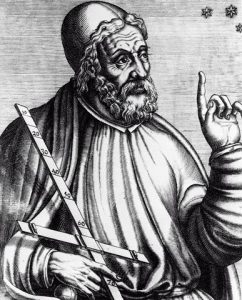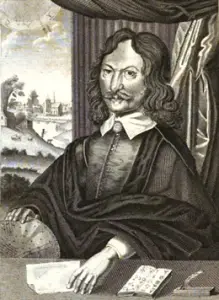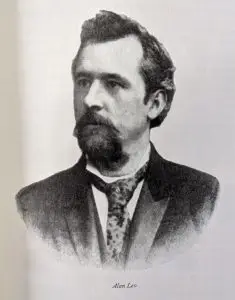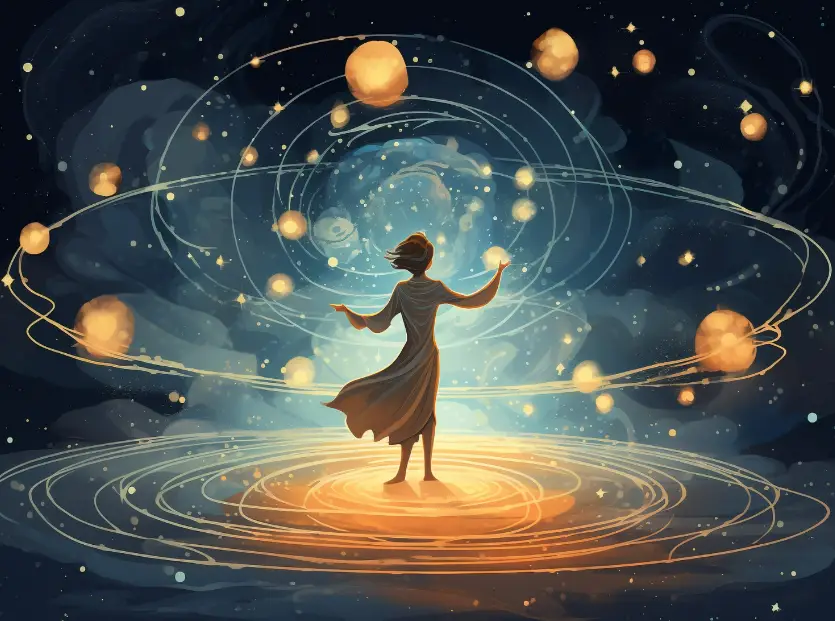Astrology has deep roots stretching back thousands of years, but have you ever wondered who the real movers and shakers behind this mystical art are?
While the zodiac signs and birth charts steal the limelight, it’s the astrologers who shaped this cosmic discipline, turning the stars into a language we can all understand. From ancient mathematicians to modern visionaries, these key figures carved the path that continues to guide today’s celestial exploration. Let’s dive into the lives of these astrologers who transformed astrology from stargazing superstition into a modern-day phenomenon.
Who Can Be Related to the Grandfather of Astrology?
It’s impossible to talk about astrology without paying homage to Claudius Ptolemy, a true OG of the stargazing world. Ptolemy lived in 2nd-century Alexandria, Egypt, and he wasn’t just an astrologer—he was also a mathematician, geographer, and astronomer. His Tetrabiblos remains one of the foundational texts in astrology, laying down the rules for planetary influence and zodiacal signs.

Ptolemy didn’t invent astrology, but he was the one who cleaned up the mess, organising the chaotic world of star lore into a logical system that could actually make sense. He’s responsible for shaping the way Western astrology still operates today, basing much of his work on the geocentric model (yes, he believed the Earth was the centre of the universe). While we know that’s not true anymore, his influence on astrological charting remains a cornerstone.
Why He’s Important:
- Ptolemy systematised the chaotic knowledge of ancient astrology into something cohesive.
- His work in Tetrabiblos still forms the basis for modern Western astrology.
- He blended astronomy and astrology, making astrology more accessible to the educated elite of his time.
Did astrologers play a role in the English Civil War?
Yes. Fast forward to the 17th century, and we meet the English maverick of astrology—William Lilly. Lilly was one of the first astrologers to make a name for himself in the modern era by predicting events with unsettling accuracy. Lilly accurately predicted both the Great Plague of 1665 and the Great Fire of London in 1666. His prediction of the fire, made fourteen years prior in his book “Monarchy or No Monarchy in England,” led to his summoning by the House of Commons to explain his foresight. These remarkable predictions solidified Lilly’s reputation as a leading astrologer of his time and demonstrated the potential influence that astrology could have on public perception and political affairs.
Lilly made astrology accessible to the masses. He wasn’t some ivory tower intellectual; he was in the streets with the people, using astrology to predict political and social events. During the English Civil War, he even became a bit of a celebrity by using horary astrology (which answers specific questions based on the moment the question is asked). Whether it was about love, war, or the state of the kingdom, Lilly always had an answer—sometimes to the discomfort of those in power.

Why He’s Important:
- He brought horary astrology to prominence, which focuses on answering specific questions.
- His book “Christian Astrology” is still studied by astrologers today.
- Lilly made astrology accessible to the public, democratising the stars.
Who is considered as the Father of Modern Astrology?
When astrology had nearly fizzled out in the public consciousness, along came Alan Leo at the turn of the 20th century. Leo was instrumental in shifting astrology from its old, deterministic roots into something much more personal and psychological. He’s the guy who made astrology about you—your personality, your potential, and your choices. Therefore, Alan Leo is considered the father of modern astrology.

Leo’s approach was revolutionary because he introduced the idea of “character is destiny”—meaning, instead of your life being written in stone by the stars, the stars merely reflect your character, and it’s up to you to shape your destiny. This subtle shift transformed astrology into a self-help tool, a trend that’s still alive and well today. He was also one of the first to popularise Sun sign astrology, which made it possible for people to understand astrology without needing to consult an astrologer for a full chart.
Why He’s Important:
- He helped shift astrology from date-based to psychological astrology.
- He popularised Sun sign astrology, making it accessible to the masses.
- His work laid the foundation for modern personality-based astrology.
Who are the Other Astrological Trailblazers?
While Ptolemy, Lilly, and Leo are big names, many others have added their unique star-studded contributions to astrology:
Vettius Valens
An ancient Greek astrologer whose Anthology is a treasure trove of traditional techniques and interpretations. He worked from a more intuitive, mystical angle, offering personal insights into the workings of fate.
Dane Rudhyar
A 20th-century pioneer, Rudhyar was instrumental in the humanistic astrology movement, merging astrology with psychology and spirituality. His works focus on personal transformation through astrology.
Evangelina Adams
One of the first well-known female astrologers in America, Adams was famously put on trial for “fortune-telling” in 1914—only for the judge to declare that she “had raised astrology to the dignity of an exact science.” Talk about boss moves.
How the Concept of Astrology evolved from stars to souls
From Ptolemy’s mathematical precision to Alan Leo’s psychological twist, astrology has never been a static practice. It evolved through centuries, constantly adapting to the needs of the times. The beauty of astrology is its flexibility—whether it’s answering the deeply philosophical question of fate vs. free will or simply telling you what’s in store for your love life this week, astrology has remained relevant. Each of these key figures contributed to making astrology what it is today—a dynamic mix of science, mysticism, and self-reflection.
Astrology isn’t just about the stars; it’s about the astrologers who decoded the stars for the rest of us. Thanks to these trailblazers, we can use astrology to guide us through love, work, and life’s mysteries.
Why These Figures Still Matter Today
The legacies of Ptolemy, William Lilly, and Alan Leo live on not just in astrology but in our everyday lives. The birth charts we read, the horoscopes we check, and the cosmic insights we seek owe everything to these pioneers. Modern astrologers continue to build on their work, using the ancient techniques these legends crafted while adding new layers that suit the digital age.
They transformed astrology from mysticism into something relatable. And in a world that constantly shifts beneath our feet, astrology offers something timeless—a cosmic mirror reflecting not just our futures but who we truly are.
Shaping the Stars and Our Lives
From Ptolemy’s early attempts at organising the heavens to Alan Leo’s modern twist on personal astrology, these key figures shaped the way we engage with the cosmos today. They weren’t just reading the stars—they were writing the rules for a practice that’s been helping people make sense of life for millennia. Whether you’re an astrology sceptic or a firm believer, there’s no denying the impact these figures have had on culture, thought, and even modern self-development practices.
So, the next time you check your horoscope or dive deep into your birth chart, remember: you’re walking in the footsteps of astrological giants.
Interested in discovering more about astrology, IQ tests, and personality assessments? Visit the Interpretr website to explore these features or download the Interpretr app to find out how you can better understand yourself through astrology and other insightful tools! Explore More with Interpretr!



